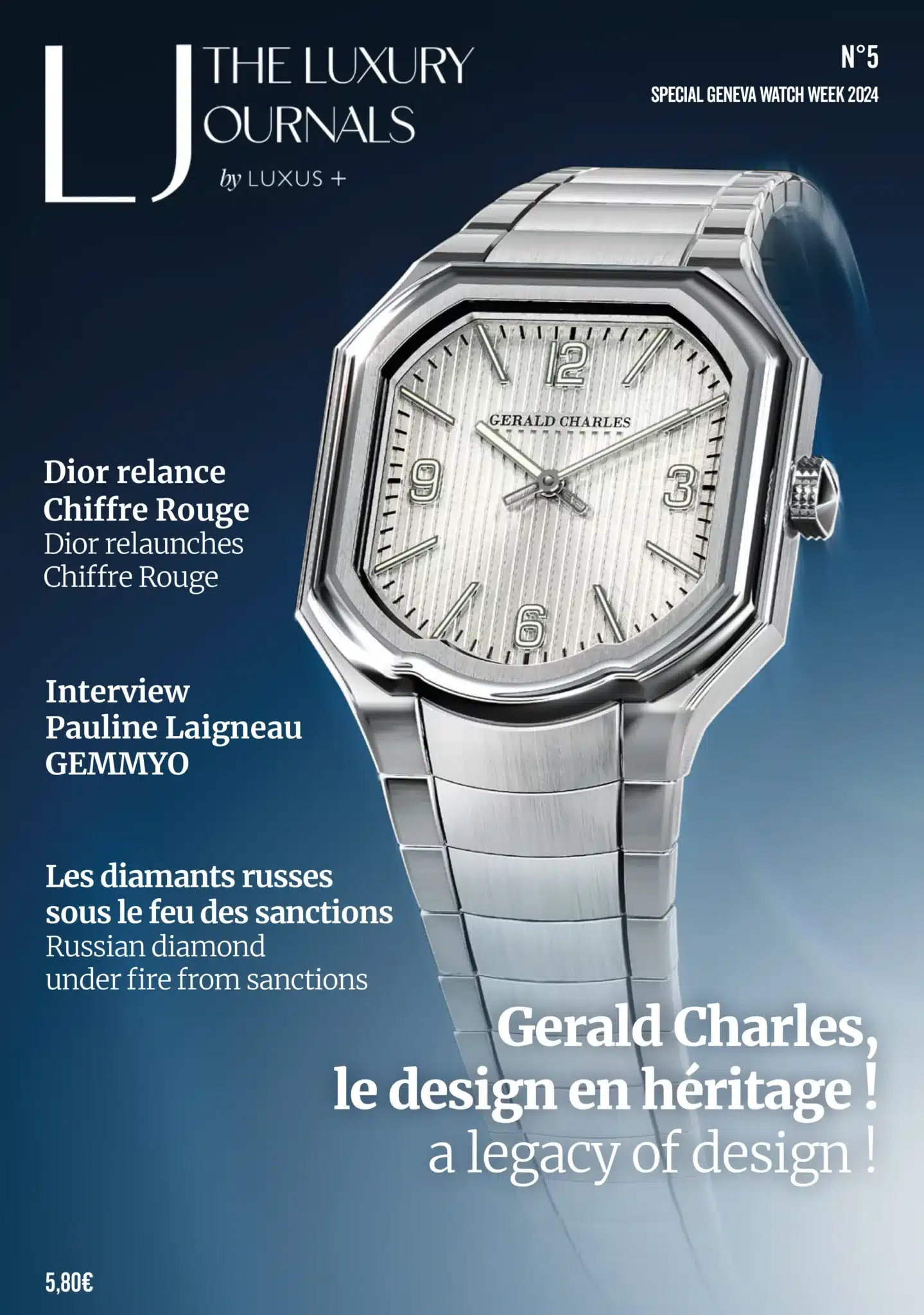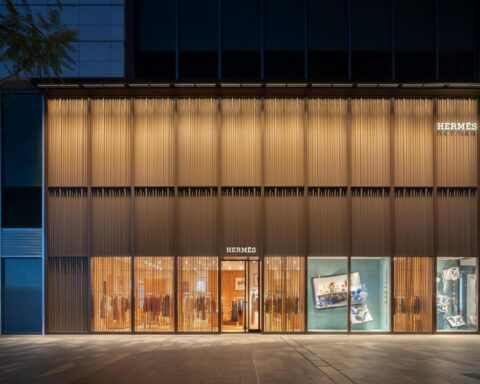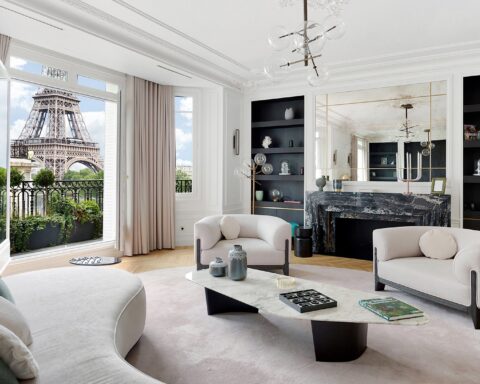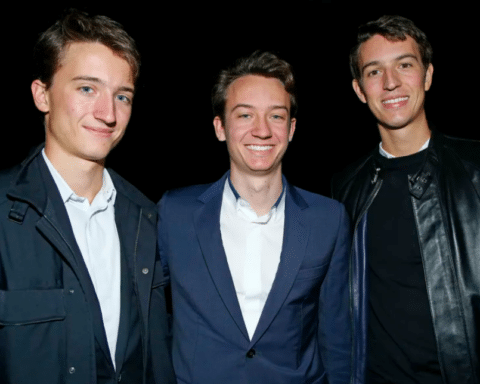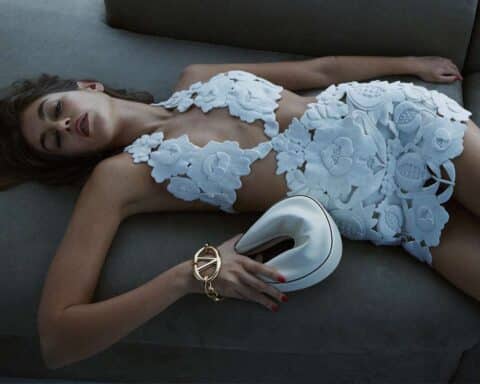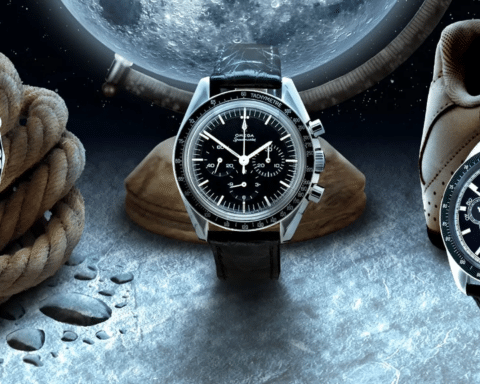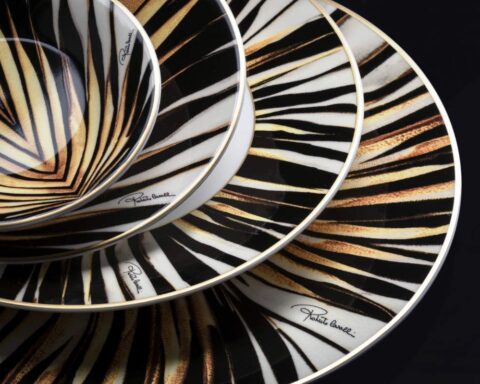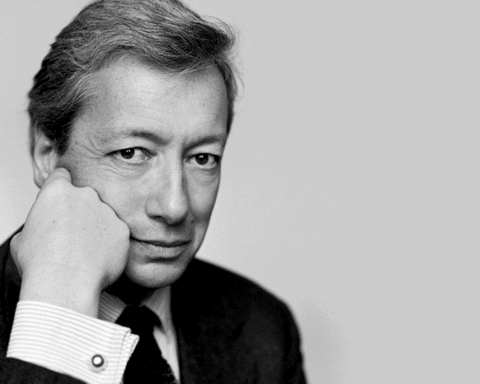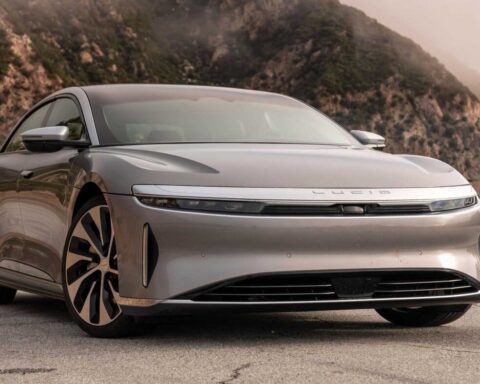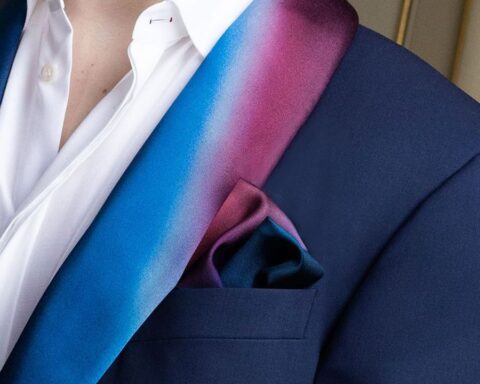As part of promoting its new makeup collection, many Chinese Internet users on social networks accused the House of Dior last week of racial discrimination. An Instagram publication showing a model trying to stretch her eyes manually was not to the liking of Chinese Internet users, seeing it as an act of racism as well as cultural appropriation.
A gesture perceived as offensive
Last week, the French luxury house posted a series of visuals in Dior Beauty’s Instagram account to promote its new makeup collection. It must be said that according to Euromonitor International, the beauty and personal care market in China is expected to grow by 5% to $98 billion in 2023.
The third publication posted on April 10 – since quickly removed by the brand – has caused outraged reactions from many Chinese Internet users. The offending photograph shows an Asian model trying to stretch her eyes with her fingers, with the caption “Channel your feline fierceness”.

Chinese internet users did not fail to relay the photo, which was strongly criticized. Thus, two days after the polemical publication on Instagram, more than 900 comments – most angry- were added under the then visible visual, reports China Daily. “This is racial discrimination,” read one of the most popular comments, or “Are you trying to make money and play racism at the same time?” posted another Internet user.
The removal of the post by the brand did not prevent the creation of a hashtag that went viral “Dior makeup advertisement accused of discriminating against Asians” on Weibo. A mention that has been viewed more than 30 million times in 24 hours on this social network and was even among the trending topics on the platform Tuesday.
Calls for a boycott of the brand from some Internet users urging artists and ambassadors (KOLS) to stop their current collaborations were also noted.
This anger from the Chinese public prompted the Global Times, the Chinese Communist Party newspaper, to call on the House of Dior to issue a public apology. “If Dior really respects the Asian market, it should show respect and humility instead of trying to overcome publicity crises by pretending it didn’t know about them,” the newspaper said in an editorial.
The House of Dior declined to comment on the information.
Precedents
This is not the first time that the House of Dior has made a blunder in its cross-cultural understanding of the Chinese market.
For example, during a fashion exhibition organized by Dior in Shanghai in 2021, a controversial photo taken by the famous Chinese fashion photographer Chen Man provoked angry reactions from some Chinese. It showed a model with small eyes, “scary” eyelids, dark skin, and dressed in a traditional Chinese costume, holding a Dior bag.

Many Internet users have accused the brand and the photographer of using Asian stereotypes, insulting, at the same time, the Chinese culture.
In a statement, the photographer had then presented her “deep apologies.” She said she accepted all criticism and felt guilty for her “immaturity and ignorance” at the beginning of her career, in 2012, when she took the photo.
For its part, the House of Dior had also issued an official statement – without apologizing – on social media, stating that the photo was not an advertisement for the brand and that the company had removed all content related to the photo from online and offline platforms.
The luxury house then pledged to respect the feelings of the Chinese people, as well as Chinese laws, and that it would cooperate with the relevant authorities to strictly review all works that would be displayed to the public.
Cultural appropriation
Last year, however, Dior was accused of cultural appropriation when it launched a skirt that was presented as an original model of the house. But the skirt drew a lot of protests from consumers because it resembled a traditional Chinese model from the Song Dynasty – “mamianqun”, or “horse head skirt”…

Indeed, the line between cultural appropriation and cultural appreciation is becoming increasingly blurred.
In the first situation, a group that is or has been oppressed feels that it is being robbed of elements of its culture without any visible recognition or reference to said culture. This accusation is often made against creations reappropriated by cultures long considered dominant and colonizing.
For the Chinese, the memory is still vivid about troubled episodes in their history, still taught in school, such as the Japanese occupation and the Nanking massacre (1937) or the burning of the Summer Palace by Franco-British troops (1860).
Feeling mocked or hated, both verbally and physically, during the pandemic and the American trade war initiated by President Donald Trump, the Chinese have become even more sensitive to the image conveyed by non-Chinese brands on Chinese culture on the internet.
A revival of nationalism feeling (Guo Chao trend) and the anti-Western sentiment is manifesting in the country.

However, intentionally narrowing one’s eyes, as with the #foxeyes trend in 2021 on the social network Tiktok, is perceived as a gesture of mockery towards the Asian community.
It can be seen as a way to perpetuate Western stereotypes of Chinese faces. One only has to look at the cartoon by Henri Meyer, entitled “In China, the cake of kings and emperors” (1898) to understand that the practice by a non-Asian has hints of colonialism.
Yellow Face
Blackface – the tendency for a Caucasian Westerner to dye his face black to make fun of non-whites – has its Asian counterpart: yellowface. Hollywood has made much use of this image, where mustard yellow skin color and artificially slanted eyes with adhesive or prostheses on non-Asian actors have conveyed a racist image of villains as sinister as they are grotesque, such as the Fu Manchu character.
In the case of Dior, the fact that the model is Asian does not make it more forgivable. Indeed, Asian models too slanted disturbed to the point that some campaigns like Mercedes Benz and Gucci have caused controversy. And it seems that the Chinese beauty canon consisting of “light skin and big round eyes,” born – according to experts – from the exposure of the population to Western advertisements in the 1970s, is still in force.
The controversy is a reminder of the risk that such a slip-up poses to the brand image.
For example, a mini video by Dolce Gabbana on Weibo for its Shanghai fashion show in 2018 was supposed to provoke laughter from the public at the sight of an Asian model trying to eat spaghetti with chopsticks in a pre-industrial China setting, had had an unprecedented impact. Despite the anger, the brand chose to ignore it. However, off-the-record revelations by the “de-influencer” Diet Prada -whose vocation is to reveal the backstage of the luxury industry- had revealed the deep contempt of the Italian brand’s designers for the Chinese clientele. The reaction was swift: a call for a boycott and filmed autodafés of branded products, delisting on Chinese e-commerce platforms, the withdrawal of certain models and Chinese ambassadors, and the distancing of European and American distributors.
Although today the climate is more appeased, the sparse video apology from the designers was not enough to calm the situation, to the point that analysts estimated that the case could have cost Dolce & Gabbana up to 500 million dollars in lost revenue, putting the viability of the brand at risk.
Read also >China: The second International Consumer Products Exhibition puts France in the spotlight
Featured photo : © Presse


